
Republic of Kazakhstan
Email: ccasc@kimep.kz
This weekly section provides an overview of key political, economic, and social developments across the five Central Asian states. It highlights the region’s most relevant policy trends, international engagements, and sectoral updates in areas such as energy, digital development, environment, and finance. The section is compiled and edited by Maryam Agharabi, Coordinator of the China & Central Asia Studies Center. For enquiries, you may contact maryam.agharabi[a]kimep.kz.
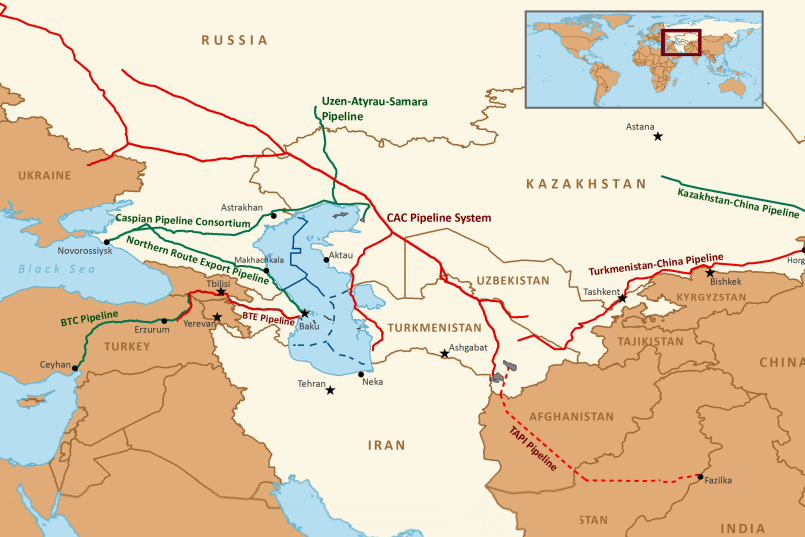
This week, the media in the region covered several diplomatic events, such as Kazakhstani President Kassym-Jomart Tokayev meeting Kyrgyzstani Foreign Minister Jeenbek Kulubayev and the Prime Ministers of Kyrgyzstan, Uzbekistan, and Tajikistan meeting to discuss border issues. They also reported on several energy-related stories, such as Tajikistani President Emomali Rahmon proclaiming that Tajikistan will be energy-independent by 2027 and Russia announcing its plans to increase gas exports to Central Asia to 15 billion cubic meters. Many outlets concentrated on the Russian police receiving new powers to investigate and deport illegal migrants, as well as the surge in deportations from Russia last year. Multiple sources also reported that Kazakhstan is going to invest $17 billion in transport by 2030 and that Kyrgyzstan is soon to launch a tax amnesty program.
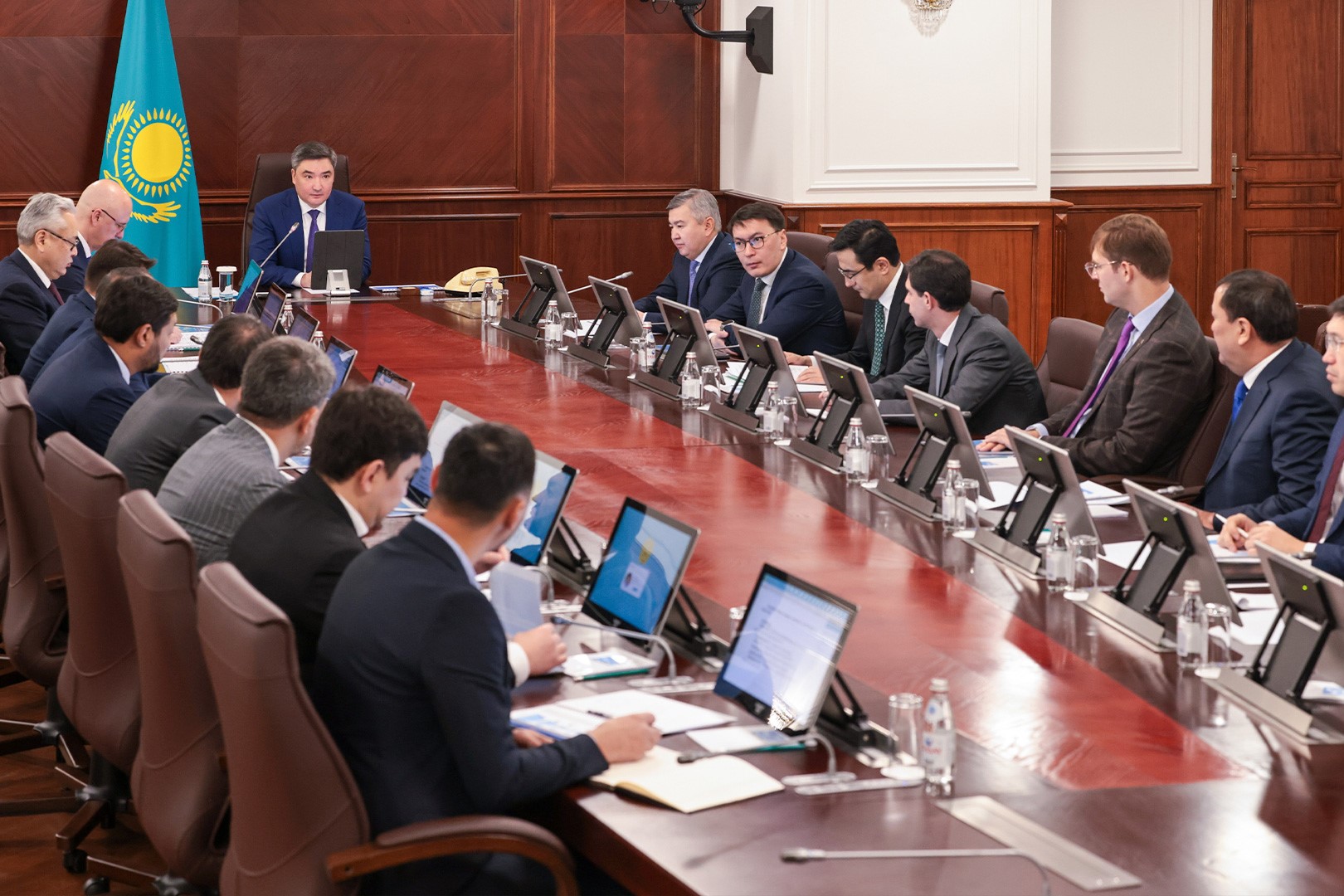
This week, the media in the region reported on various investment projects targeting green transition in Central Asia, such as the World Bank pledging $350 million in grants and loans to construct the Rogun HPP and the AIIB providing a $250 million loan to Uzbekistan to finance various green and renewable energy projects. They also noted that Uzbekistan and Afghanistan extended their electricity supply agreement. Several outlets focused on the dismissal of Kyrgyzstan’s Prime Minister and Kazakhstan’s establishment of a new venture capital fund. Multiple sources picked up on the announcements that construction on the Kambar-Ata 1 HPP would begin next summer, while the construction of the China-Kyrgyzstan-Uzbekistan railway is set to officially commence on December 27. Finally, the media also disclosed that a Chinese company has bought Rosatom’s stakes in numerous Kazakhstani uranium deposits.
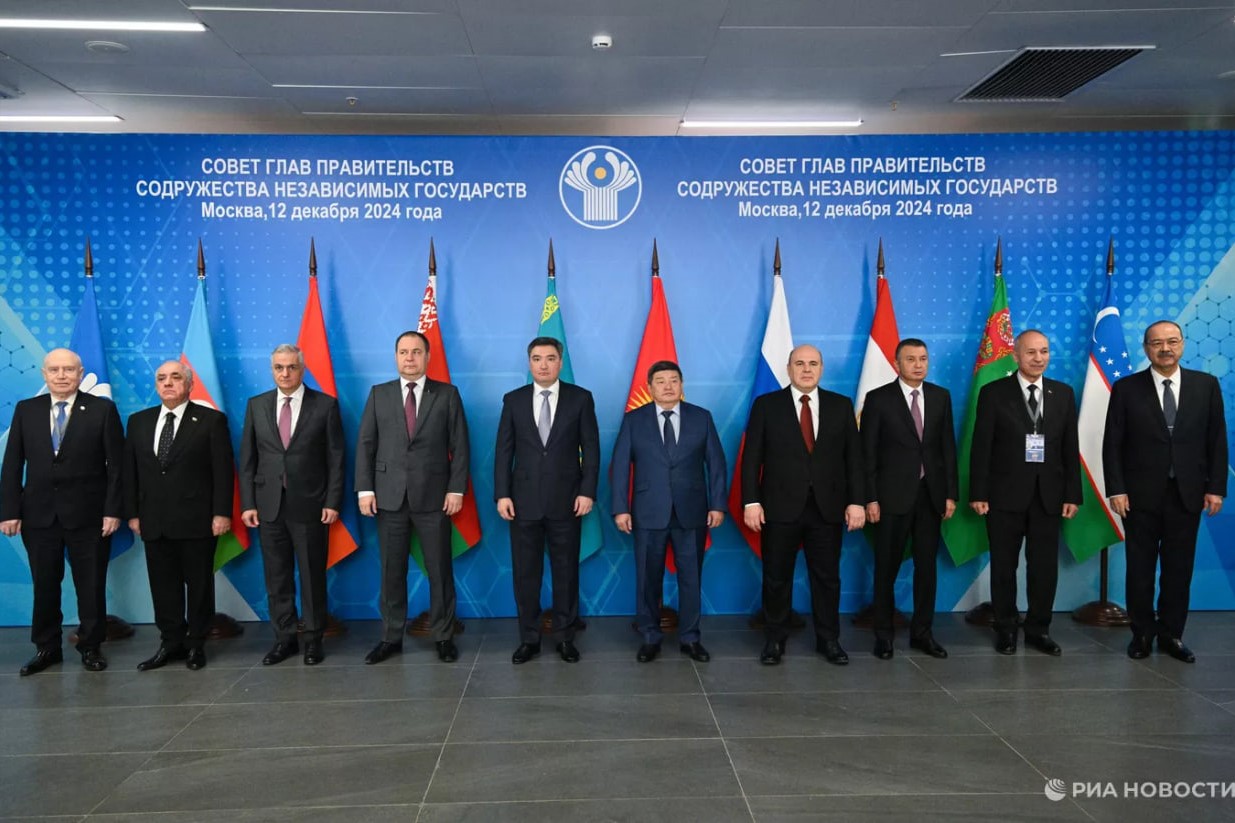
This week, the media in the region focused on the CIS Heads of Government Council meeting in Moscow, where the various heads of state agreed to establish a unified air defense system. They also reported that the ADB is revising its 2025 economic outlook for Central Asia upward. Several outlets reported on new renewable energy projects in Kazakhstan, Turkmenistan agreeing to export more gas to Uzbekistan, and Kazakhstan announcing the discovery of up to 60 new mineral deposits. Multiple sources highlighted Kazakhstani Railways closing the Altynkol and Dostyk rail crossings with China until January and Kazakhstan’s efforts to boost its exports by constructing new logistics hubs. Lastly, other outlets focused on Russia’s ongoing efforts to clamp down on illegal immigration. This week, the Russian Duma voted to ban children who cannot demonstrate the necessary proficiency in Russian from attending school.
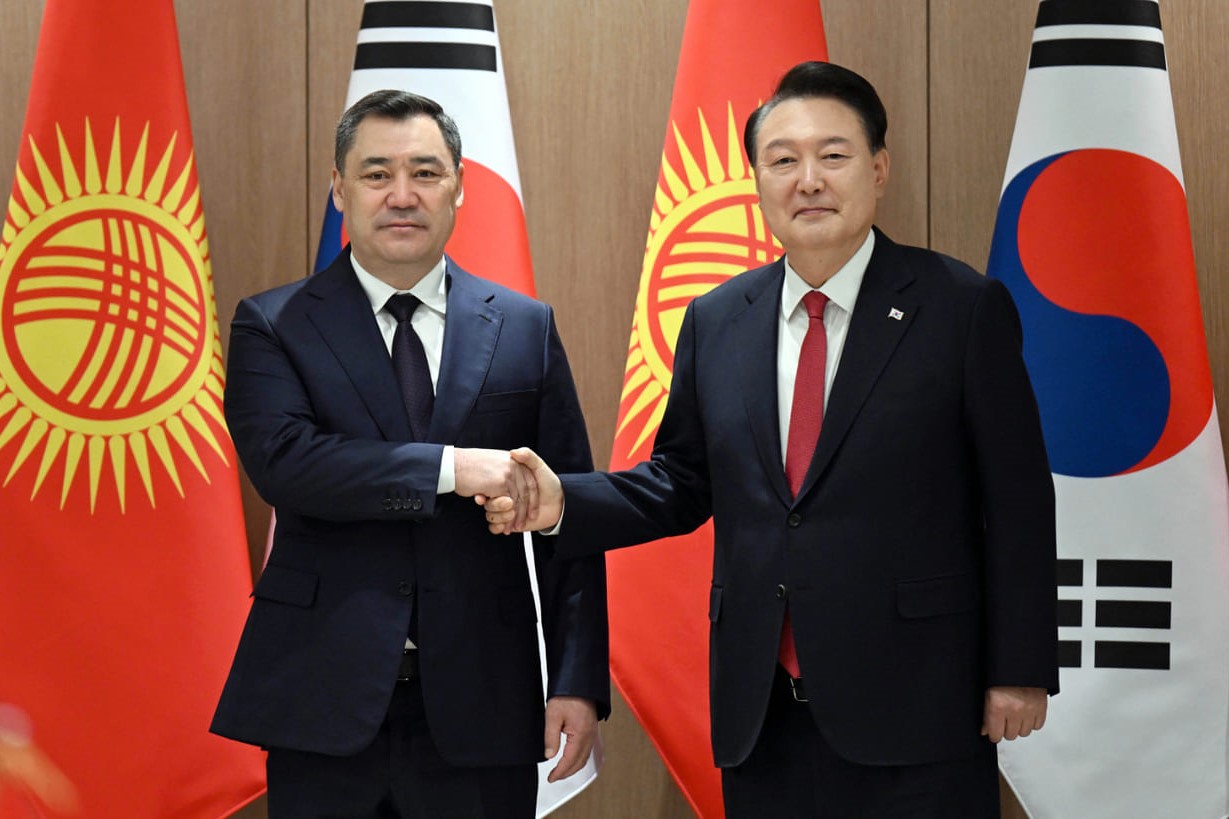
This week, the media in the region covered several important summits and state visits, such as Kyrgyzstani President Sadyr Japarov’s visit to South Korea and Kazakhstani President Kassym-Jomart Tokayev’s attendance at the One Water Summit in Riyadh and the Doha Forum. They also reported on Tajikistan and Kyrgyzstan finalizing the demarcation of their shared border. Several outlets noted the introduction of new restrictions on migrant labor in Russia, while multiple sources also reported on the EDB promising $500 million towards constructing the Kambar-Ata 1 HPP. Finally, some media organizations noted the discovery of a significant new mineral deposit in Kazakhstan.
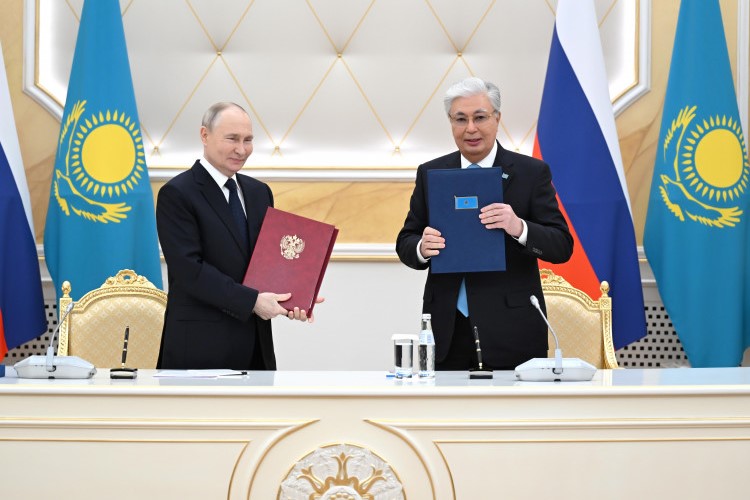
Last week, the media reported on Russian President Putin’s visit to Astana to attend the CSTO Collective Security Council summit. They also discussed Kyrgyzstani President Sadyr Japarov’s state visits to Germany and Austria. Outlets in the region also noted several developments in the energy sector, including Kazakhstan’s plans to increase exports through the Turkish port of Ceyhan and its decision to ban gasoline exports outside the EAEU until 2027. Many sources also reported on the depreciation of currencies in the region following the collapse in the value of the ruble. They also explored the various forex interventions by Central Banks in an effort to bolster their currencies.

This week, the media covered Kazakhstani President Kassym-Jomart Tokayev’s state visits to Hungary and Serbia. They also highlighted several new investment projects, such as the EBRD pledging $17 towards new water infrastructure in Kyrgyzstan, the World Bank and AIIB promising $650 million towards the Middle Corridor, and the ADB providing Uzbekistan with $250 million for its green transition. Several sources also explored Uzbekistan and Kazakhstan’s budgetary crises. Multiple outlets noted the mass deaths of seals in the Caspian Sea. The media also concentrated on the decrease in oil production at the Tengiz field and Kazakhstan’s planned auction of 26 critical mineral deposits.

This week, the media in the region focused on developments at the COP 29 summit in Baku. They reported on several crucial green energy agreements concerning Central Asia, including the new green energy deal between Kazakhstan, Uzbekistan, and Azerbaijan, which will see the three countries cooperate to export green energy to Europe. They highlighted other deals, such as those between Kazakhstan, Uzbekistan, and the UAE-based company Masdar to construct several new wind farms throughout the region. Several outlets also noted the Islamic Development Bank’s $1.15 billion investment in Kazakhstan’s water infrastructure. They also reported on the ADB’s new “Glaciers to Farms” initiative to help preserve Central Asia’s melting glaciers. Lastly, multiple sources emphasized Russian companies' increasing difficulties in transferring money through Kazakhstani banks.
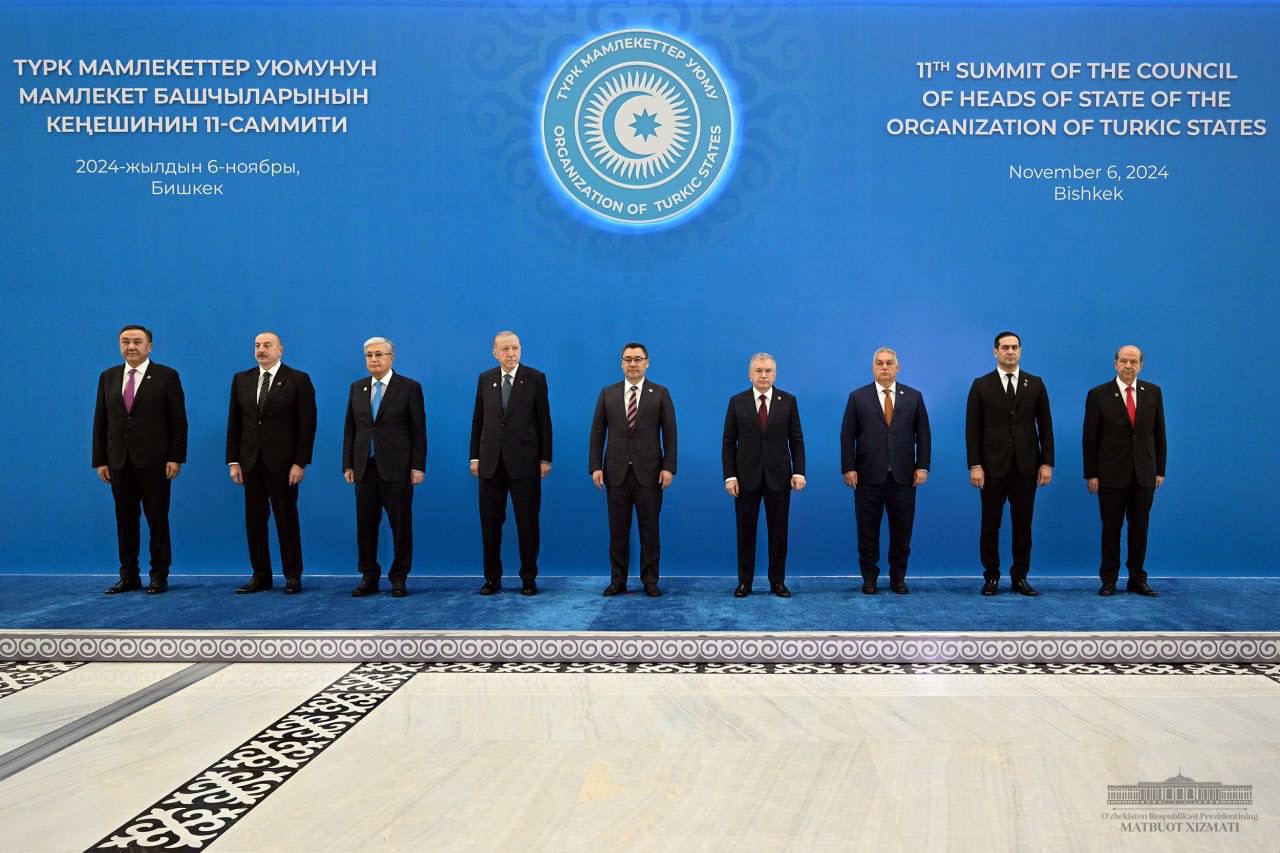
Over the past week, the media in the region has focused on several critical diplomatic events, such as the 11th Organization of Turkic States (OTS) summit in Bishkek, Tajikistani President Emomali Rahmon’s visit to Kuwait, and Kazakhstani President Tokayev’s state visit to France. Several outlets noted the Kazakhstani trade mission to China under Prime Minister Olzhas Bektenov. Others reported on Kyrgyzstan’s plans to issue new mining licenses and reopen its mining sector. Multiple sources discussed the 23rd CAREC Ministerial Conference and the 17th Republic of Korea – Central Asia Cooperation Forum. The media also concentrated on the EU’s pledge of $100 million in aid to Afghanistan.
